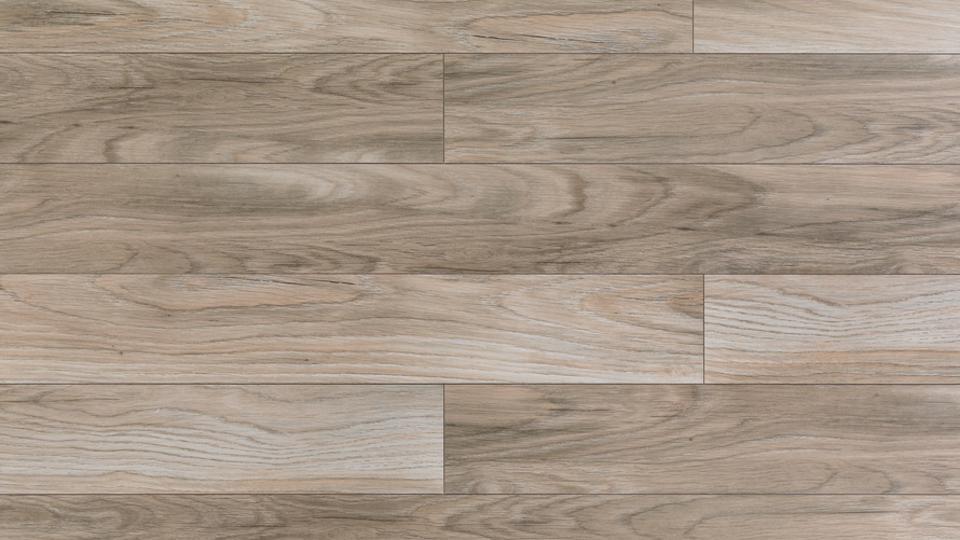Are you planning to renovate your basement but unsure which flooring option to choose? You’re not alone! Many homeowners struggle with selecting the right flooring material for their basements.
Basements are unique spaces that require special attention when it comes to flooring options. There are several factors to consider, including moisture levels, durability, cost, and design. A well-planned renovation can transform your basement into a beautiful living space that adds value to your home.
In this blog post, we’ve outlined some of the best basement flooring options available. From vinyl to concrete, each option has its own set of benefits and drawbacks.
We hope that this guide will help you make an informed decision and choose a flooring material that meets your needs and budget. With the right flooring, your basement can become one of the most functional and enjoyable areas of your home.
Why Does Flooring Material Matters for Basement
The choice of flooring material for a basement is important because basements are often prone to moisture and humidity issues. This can lead to problems such as mould growth, warping, and buckling of floors if they are not suitable for the environment.
In addition, basements may be more susceptible to flooding or water damage, which can cause irreparable damage to certain types of flooring. Choosing the correct material can help prevent these issues and ensure your basement is safe, comfortable, and functional.
Some flooring options are specifically designed for use in areas with high moisture content, making them ideal for basements. Additionally, certain flooring materials are more durable and can withstand foot traffic and other wear and tear.
By selecting the right material, you can avoid costly repairs and replacements down the line and create a beautiful living space in your basement.
Factors to Consider When Choosing Basement Floor
Before choosing a specific flooring material for your basement, it’s important to consider the basement’s unique characteristics. Basements are often subject to moisture, flooding, and high humidity levels.
As such, basement floors should be durable, water-resistant, and able to withstand fluctuations in temperature and humidity levels. Here are a few factors that should be considered before making a decision.
- Moisture Levels: Basements are typically more humid than other rooms in the house, so it’s important to choose a material that can handle moisture. High-moisture resistant floors, such as vinyl and tile, are great options.
- Durability: Basements are high-traffic areas, so it’s essential to choose a durable flooring material. Laminate, concrete, and epoxy are all highly durable.
- Cost: The cost of flooring can vary widely, so it’s important to choose a material that fits within your budget. Vinyl and laminate are typically cheaper, while tile and hardwood tend to be more expensive.
- Design: Basements can be transformed into beautiful spaces with the right flooring choice. Consider the design aesthetic you’re going for and choose a material that complements it.
Best Flooring Options for Basements
Here are some of the best basement flooring options to consider:
-
Vinyl
Vinyl is a popular choice for basement floors due to its water-resistant properties. It’s also relatively affordable and easy to install. Vinyl is available in a variety of styles, including planks, tiles, and sheets, making it easy to customise your space.
Additionally, vinyl floors are low-maintenance and durable, making them an excellent choice for busy households. When choosing vinyl flooring for your basement, consider luxury vinyl planks (LVP) or luxury vinyl tiles (LVT).
These materials offer more durability than traditional vinyl floors. They are also available in a wide range of colours and patterns to suit any design aesthetic.
-
Ceramic Tile
Ceramic tile is another excellent option for the basement. Not only is it highly durable and water-resistant, but it’s also available in a wide range of colours and patterns. Ceramic tile is easy to clean and maintain, making it ideal for high-traffic areas.
It can also be installed over concrete, which is a common flooring subfloor found in basements. When selecting a ceramic tile for your basement, ensure that the tiles are rated as slip-resistant.
This is important as basements are more prone to moisture and can become slippery when wet. Additionally, choose larger tiles as this will minimise the number of grout lines, making the floor easier to clean.
-
Laminate
Laminate is an affordable, durable, and stylish option for the basement. It mimics the look of hardwood or stone, making it a great choice for those looking for a high-end aesthetic without the cost.
Laminate is easy to install and maintain, making it an excellent choice for DIY homeowners. When selecting laminate flooring for your basement, choose a product with a high AC rating.
The AC rating is a measure of the durability of the laminate, with higher ratings indicating greater resistance to wear and tear. Additionally, choose a laminate with an attached underlayment. This will provide an extra layer of moisture protection and sound insulation.
-
Epoxy
Epoxy is a unique flooring material that’s perfect for basements. It’s incredibly durable, resistant to moisture, and can withstand heavy traffic. Epoxy flooring is also customisable, allowing you to choose from a variety of colours and designs.
It’s also easy to clean and maintain, making it a great choice for those who want a low-maintenance floor. When choosing epoxy flooring, hire a professional to install it. The installation process is complicated and requires specialised equipment.
Additionally, ensure that the floor is properly prepped before installation. This includes cleaning and repairing any cracks or damage in the concrete subfloor.
-
Engineered Hardwood
Engineered hardwood is a great option for those who want the look and feel of hardwood floors in their basement. It’s made up of a thin layer of real hardwood glued to a plywood substrate, making it more resistant to moisture than traditional hardwood floors.
This flooring is also easy to install and comes in a variety of finishes and colours. When selecting engineered hardwood for your basement, choose a product with a high Janka hardness rating.
Janka hardness rating measures the resistance of the wood to wear and tear and impacts how well it will hold up in high-traffic areas. Additionally, ensure that the plywood substrate is made from a high-quality material such as Baltic birch or maple.
-
Concrete
Concrete flooring is a popular choice for those looking for a modern, industrial aesthetic. It’s durable, easy to maintain and can be stained or painted to create a unique look.
Concrete floors are also hypoallergenic and don’t harbour dust or allergens, making them an excellent choice for those with allergies. When selecting concrete flooring for your basement, ensure that it’s properly sealed to prevent moisture from penetrating the surface.
Additionally, concrete can get extremely cold in colder months, which can be pretty disturbing. Consider adding a radiant heating system to keep your floors warm during the colder seasons.
Conclusion
Choosing the right basement flooring option can be a daunting task, but with the right information, you can make an informed decision. When selecting a basement floor, consider factors such as moisture levels, durability, cost, and design.
Some of the best options include vinyl, ceramic tile, laminate, epoxy, engineered hardwood, and concrete. Each of these materials has its unique benefits and drawbacks, so it’s important to weigh your options carefully before deciding.
No matter which flooring option you choose, ensure that it’s installed properly and maintained regularly to ensure its longevity. With the right flooring, your basement can be transformed into a beautiful, functional space that you’ll enjoy for years to come.

